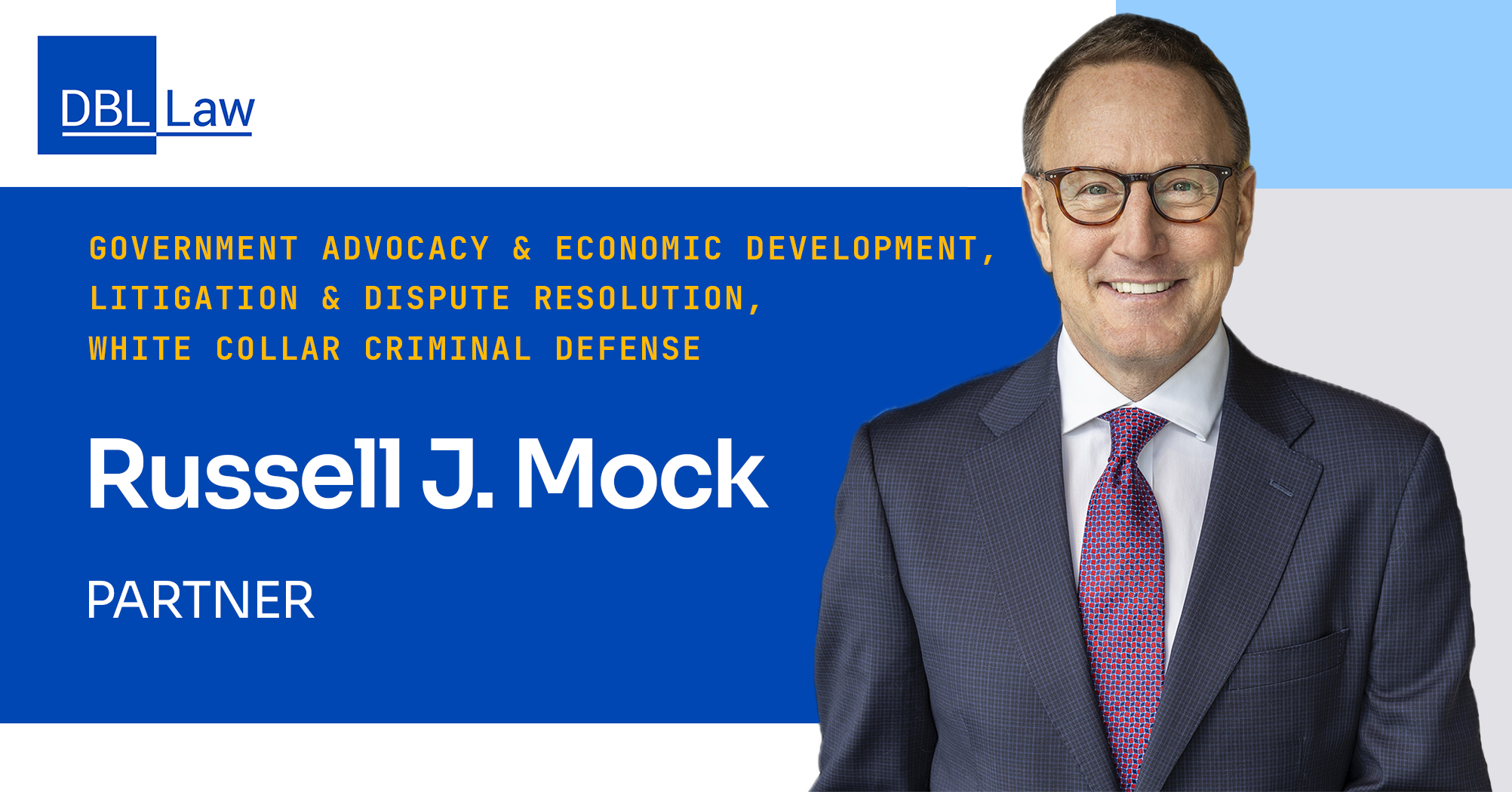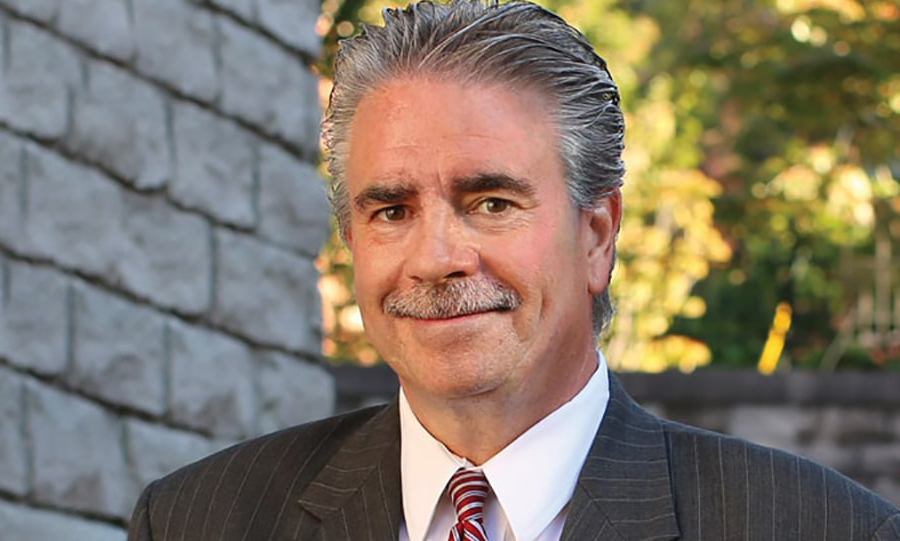The federal physician self-referral law, commonly referred to as the Stark Law, prohibits physicians from referring Medicare or Medicaid enrollees to an entity for the provision of designated health services (“DHS”) if the physician or his immediate family member has a financial relationship with the entity. 42 USC § 1395nn(1)(A). It also prohibits that entity from making a claim to Medicare or Medicaid for a referral from a physician with an ownership interest. 42 USC § 1395nn(1)(B).
The United States Department of Health and Human Services (“HHS”) is authorized to waive certain Medicare requirements during an emergency period and in the emergency area under Section 1135 of the Social Security Act (“SSA”). 42 USC § 1320b-5(a). With the COVID-19 outbreak, HHS has exercised this authority by issuing blanket waivers of sanctions under the Stark Law for certain financial relationships and referrals. The waivers were issued on March 30, 2020 and are retroactive to March 1, 2020. The waivers are nationwide and apply across Medicare, Medicaid and CHIP programs. While not explicitly stated, the waiver appears to apply to both direct and indirect compensation arrangements. They are, however, limited in scope only to financial relationships and referrals solely related to COVID-19 Purposes. The waiver defines “COVID-19 Purposes” as:
- Diagnosis or medically necessary treatment of COVID-19 for any patient or individual, whether or not the patient or individual is diagnosed with a confirmed case of COVID19;
- Securing the services of physicians and other health care practitioners and professionals to furnish medically necessary patient care services, including services not related to the diagnosis and treatment of COVID-19, in response to the COVID-19 outbreak in the United States;
- Ensuring the ability of health care providers to address patient and community needs due to the COVID-19 outbreak in the United States;
- Expanding the capacity of health care providers to address patient and community needs due to the COVID-19 outbreak in the United States;
- Shifting the diagnosis and care of patients to appropriate alternative settings due to the COVID-19 outbreak in the United States; or
- Addressing medical practice or business interruption due to the COVID-19 outbreak in the United States in order to maintain the availability of medical care and related services for patients and the community.
The waivers apply to 18 categories of arrangements which fall under the Stark Law. These include (1) remuneration from an entity to a physician “that is above or below the fair market value for services personally performed by the physician,” (2) “[r]ental charges paid by a physician . . . to an entity that are below fair market value for the physician’s . . . lease of office space from the entity” (3) remuneration from a hospital to a physician in the form of medical staff incidental benefits or nonmonetary compensation that exceeds the limits that would otherwise apply, and (4) remuneration from an entity to a physician resulting from a loan to the physician with an interest rate below fair market value or “on terms that are unavailable from a lender that is not a recipient of the physician’s referrals or business generated by the physician.”
For guidance, HHS provided a number of examples of arrangements which meet the conditions of the waiver. For example, a hospital which pays physicians above their previously-contracted rate for furnishing professional services for COVID-19 patients in particularly hazardous or challenging environments would meet the waiver. Also, an entity provides free telehealth equipment to a physician practice to facilitate telehealth visits for patients who are observing social distancing or in isolation or quarantine would meet the conditions of the waiver. Numerous additional examples are found in the waiver.
The HHS Office of the Inspector General (“OIG”) also issued a Policy Statement on April 3, 2020 related to enforcement of the Anti-Kickback Statute (“AKS”). The OIG states that it will not impose administrative sanctions under the AKS with respect to remuneration that is covered by eleven of the arrangements listed in the Waiver. This Policy Statement adopts the definitions of the Waiver and is applicable effective April 3. It terminates the same day as the Waiver.




